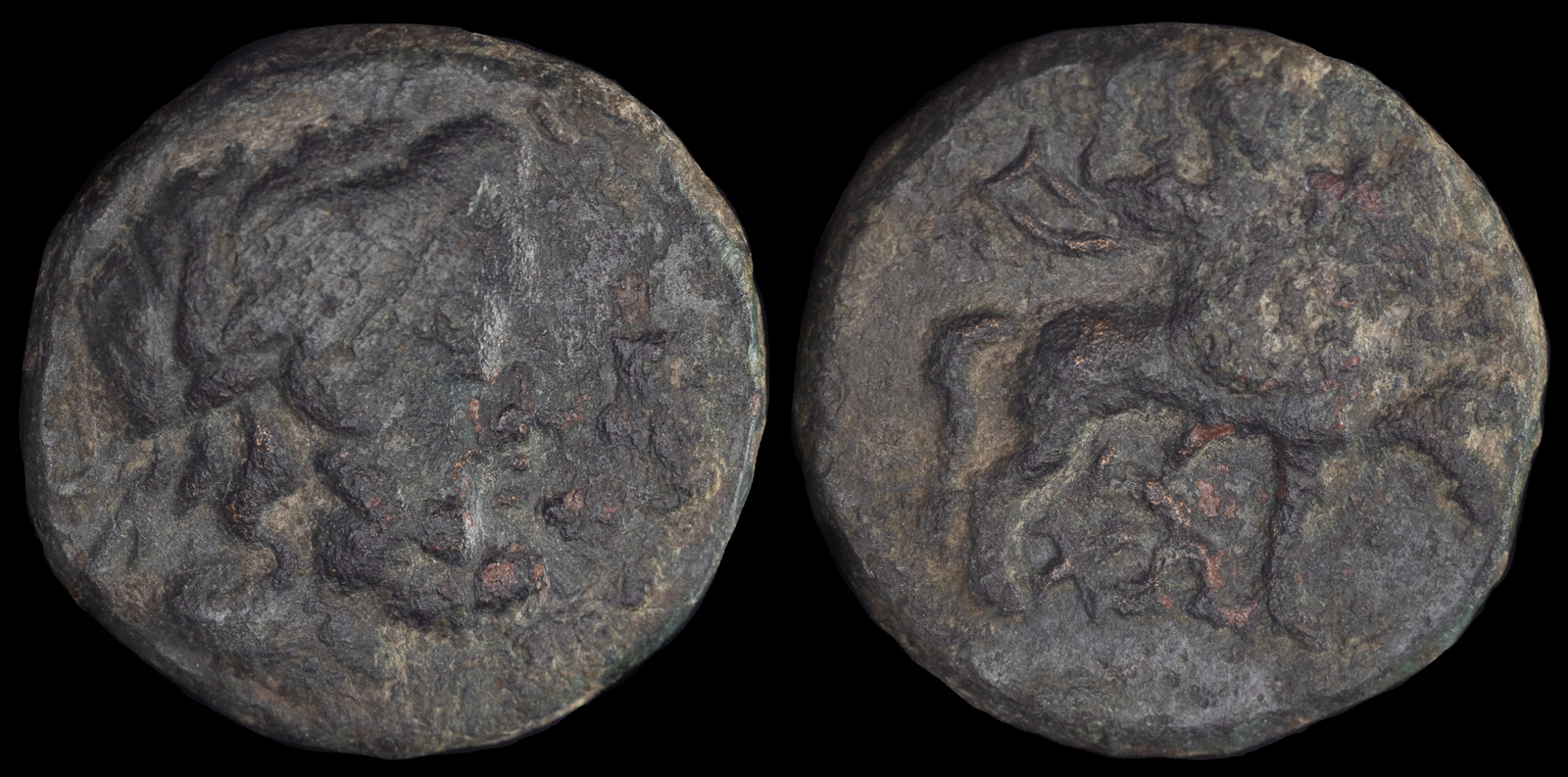Kakasbos
View All Tags
From what is known, Kakasbos is associated with shame or disgrace. His name itself is often linked to the Greek word “kakos” (κακός), which means “bad” or “evil,” suggesting that Kakasbos might have been a deity associated with the negative aspects of human experience, particularly emotions like shame or dishonor. It is possible that Kakasbos was invoked in contexts related to moral failings, punishments, or the consequences of disgrace, although there is little evidence of detailed rituals or widespread worship associated with this figure.
Some interpretations suggest that Kakasbos could have been part of a broader set of deities or spirits related to moral and ethical conduct in ancient Greek society. His role might have been to remind people of the negative consequences of dishonorable behavior, serving as a counterbalance to other deities associated with virtues and honor, like Arete (virtue) or Dike (justice). In this regard, Kakasbos could have played a role in reinforcing societal norms and values, particularly within the framework of Athens’ civic and moral life.

Lykia, Choma
Circa 1st century BCE
Æ 13.89g, 16mm, 12h
Laureate head of Zeus to right /
Kakasbos, helmeted, riding horse galloping to right, his chlamys floating behind him, brandishing club in raised right hand
SNG von Aulock 4287-8; BMC 1 var. (Zeus to left)